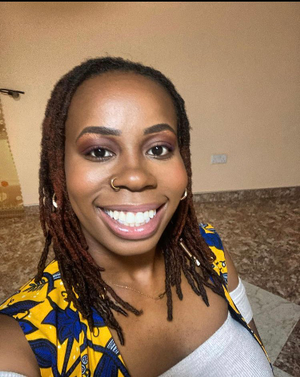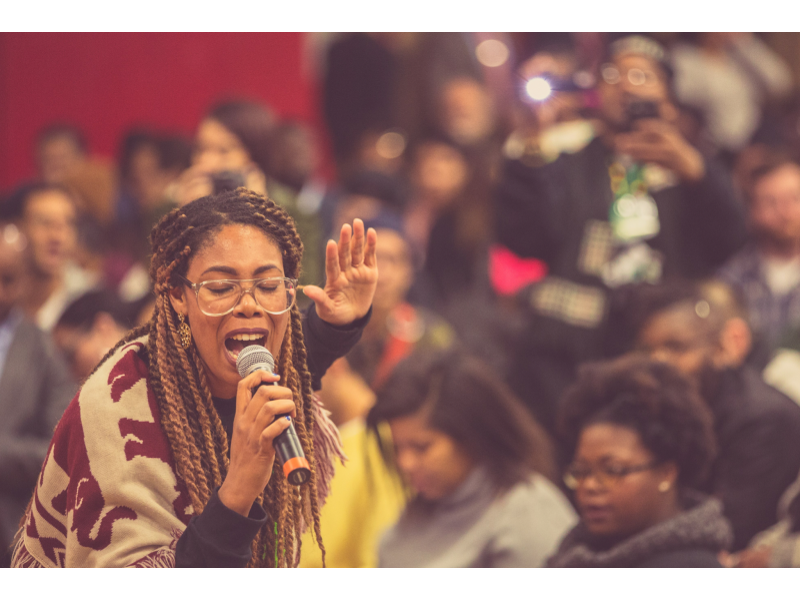( Tony Webster from Minneapolis, Minnesota, United States, CC BY-SA 2.0 , via Wikimedia Commons )
The concept of ‘free’ and ‘independent’ in American society is relative. Today, children, who have absconded in search of a better life, lay under foil blankets at ICE concentration camps, and Black and brown community members lay 6 feet under due to systems of injustice.
It is 2021, and many underserved communities are slaves to the school-to-prison pipeline system, immigration injustice, prejudice, and racism that runs rampant in the country. George Floyd’s murderer being sentenced to 22 and a half years was a sigh of relief to some, but the sentence seems light in comparison to people like Russell Allen, an Alabama resident who in 2019, was sentenced to life in prison for possessing one and a half ounces of marijuana.
On July 5th, 1852, Frederick Douglass gave a speech at a July 4th celebration in Rochester, New York. His words still carry weight today.
“What, to the American slave, is your 4th of July? I answer; a day that reveals to him, more than all other days in the year, the gross injustice and cruelty to which he is a constant victim. To him, your celebration is a sham; your boasted liberty, an unholy license; your national greatness, swelling vanity; your sound of rejoicing are empty and heartless; your denunciation of tyrants brass fronted impudence; your shout of liberty and equality, hollow mockery; your prayers and hymns, your sermons and thanks-givings, with all your religious parade and solemnity, are to him, mere bombast, fraud, deception, impiety, and hypocrisy– a thin veil to cover up crimes which would disgrace a nation of savages. There is not a nation on the earth guilty of practices more shocking and bloody than are the people of the United States, at this very hour.”
On American Independence Day, as the country celebrates the signing of the Declaration of Independence in our very own Philadelphia in 1776, we are encouraged to investigate the ways we can create change in our own lives, and rally for social, economic, and political empowerment for underserved communities. Here are some resources to do so:
We created a strategy to reduce police violence in Philadelphia and beyond. Check it out here:
Works Cited
https://www.bbc.com/news/world-us-canada-56491941
https://www.pbs.org/wgbh/aia/part4/4h2927.html

Nana Ama Addo is a writer, multimedia strategist, film director and storytelling artist. She graduated with a BA in Africana Studies from the College of Wooster, and has studied at the University of Ghana and Kwame Nkrumah University of Science and Technology. Nana Ama tells stories of entrepreneurship and Ghana repatriation at her brand, Asiedua’s Imprint ( www.asieduasimprint.blog ).





